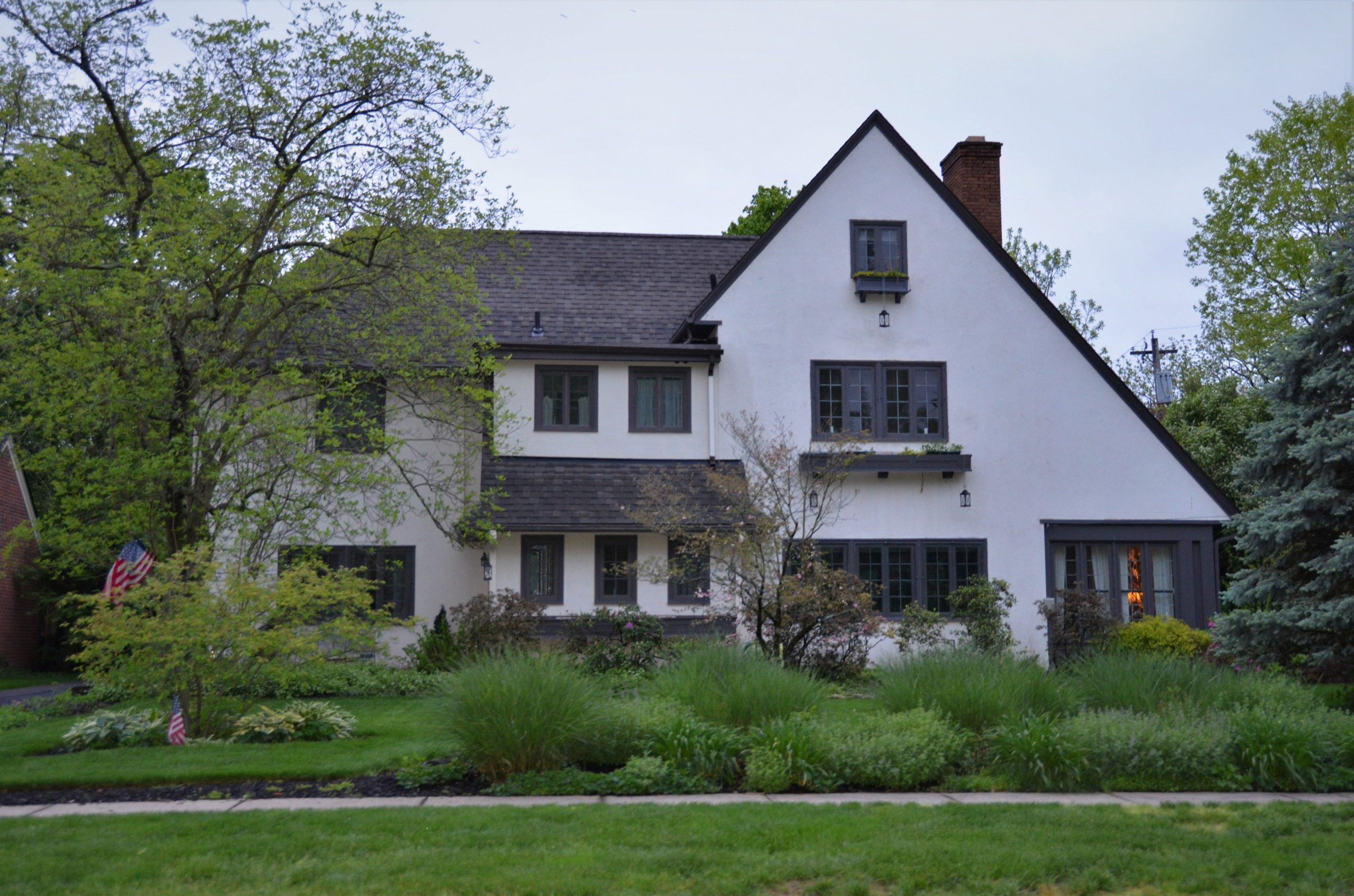There is a handbook for every voyage. Harry Potter had Dumbledore to help him navigate his magical abilities. Luke had Yoda to help him channel the Force and save the galaxy. A good real estate agent is comparable to the Force.
Your agent is a licensed professional who knows area house prices and amenities, understands real estate trends for houses for sale tulum, can prepare an offer on your behalf, and negotiates with home sellers so you don’t have to.
Consider your real estate agent to be a therapist/consultant for your house hunt. A partner in crime. A co-conspirator, if you will. A guide. Someone who boosts your self-assurance and guides you through major decisions (teamwork makes the dream work, after all). And someone who is invested in your happiness and wants you to locate a home where you may be happy.
 Your agent will go back to the drawing board with you if the housing market does not match your needs and budget. They analyze raw housing data using your specific search criteria, then tell you what’s significant and why. They assist you in charting a course to your objective and connect you with qualified professionals that can help you obtain your dream home. (Cue a selfie of you in your new living room, sipping wine.) What was your first Instagram like? It’s most likely your agency.)
Your agent will go back to the drawing board with you if the housing market does not match your needs and budget. They analyze raw housing data using your specific search criteria, then tell you what’s significant and why. They assist you in charting a course to your objective and connect you with qualified professionals that can help you obtain your dream home. (Cue a selfie of you in your new living room, sipping wine.) What was your first Instagram like? It’s most likely your agency.)
That’s a significant amount of responsibility. There’s also a lot of pressure. Obviously, there’s a lot on the line: money and time, yes, but also your happiness. So contact an agent as early as possible in the process, and you’ll be on your way to selecting paint swatches for your new kitchen in no time.
What’s the Difference Between Agents, Brokers, and Realtors?
The term “agent” is a catchall term that refers to the three types of real estate professionals who buy and sell homes: agents, brokers, and Realtors.
No, they’re not the same thing. Yes, you should be concerned about their differences. Here’s how it works:
A real estate agent is a licensed professional who assists people in the purchase, sale, rental, or investment of real estate. To become a real estate agent, you must first complete pre-licensing training from a recognized institution (which varies by state) and then pass your state’s real estate licensing exam. An agent must join a real estate brokerage once they have received their license.
Some agents are only interested in representing buyers, while others are only interested in representing sellers. Some people do both. A dual agent is a real estate agent who represents both the buyer and the seller in the same transaction. A dual agent is required by law to disclose dual agency to both parties. (Obviously, you need to know whether an agent is seeing other people.)
A real estate broker is a professional who has completed further schooling beyond the agent level and has passed the broker’s exam, as required by state law. Brokers have more years of experience than agents in some circumstances. The main distinction between a broker and an agent is that a broker can work on their own. A broker must supervise an agent.
 A Realtor is a broker or agent who is a member of the National Association of Realtors (NAR), which is the country’s largest trade association. (Full disclosure: HouseLogic.com is published by NAR.) A Realtor pledge to observe a stringent Code of Ethics designed to safeguard buyers and sellers; for example, realtors promise to protect and promote their client’s interests. Agents and brokers who aren’t members of the National Association of realtors can’t call themselves realtors. In the United States, there are over one million realtors.
A Realtor is a broker or agent who is a member of the National Association of Realtors (NAR), which is the country’s largest trade association. (Full disclosure: HouseLogic.com is published by NAR.) A Realtor pledge to observe a stringent Code of Ethics designed to safeguard buyers and sellers; for example, realtors promise to protect and promote their client’s interests. Agents and brokers who aren’t members of the National Association of realtors can’t call themselves realtors. In the United States, there are over one million realtors.
The best agent for you is determined by…
You’ll probably poll family, friends, and trustworthy acquaintances for at least some feedback before seriously partnering with anyone. It’s no different when it comes to finding a real estate agent: Asking your friends and neighbors for ideas is a fantastic place to start. According to a recent NAR study, 52 percent of purchasers aged 36 and under got their real estate agent through a reference.
There’s also the internet.
Each of the big real estate websites — Zillow, Redfin, and Trulia — offers an agent-finder option that allows you to look for agents in your region. These property sites also collect reviews and ratings from an agent’s previous clients, giving you an idea of how well-liked they are. Keep in mind that the sites’ policies on whether or not agents can modify or remove reviews differ.
The sites also display a real estate agent’s sales history, allowing you to see how many homes he or she has sold. In general, go for an agent that has a lot of sales under his or her belt (a hint that they’re serious about real estate). Perhaps even more important: an agent who has sold properties in the price range and location where you want to buy, indicating that they are familiar with the area.
Do not, under any circumstances, rely solely on online listings. Always meet with potential agents in person — at least three. A meet-and-greet will provide you with the insight into the agent’s personality and style that you require. Is this someone you’d like to collaborate with? Who among us has a good sense of humor? Who is on your side? Who interacts with you in the manner in which you prefer to be communicated with? It’s best to ask in person.
How to Determine Whether an Agent Is Skilled
After you’ve gathered all of the facts, trust your instincts: they won’t lead you astray when it comes to choosing the finest agent for you.
However, there are a few things you should seek for in any agent (as your instinct would tell you):
Expertise from the area. Is this person knowledgeable about local real estate trends, stores and restaurants, schools, commute times, and geographic issues like floodplains? These considerations are crucial, particularly if you are shopping for a property in a new city or town. Continue looking if the agent appears lost or as if they’re winging it.
Responsiveness. You’ll have a lot of questions, and at various points during the buying process, you’ll be requested to produce documentation. Consider how accessible you’d like your agent to be, as well as how soon you’d like him or her to respond. Is there a method to figure it out? See how long it takes a potential agent to respond when you contact them online or by phone. It’s generally preferable to move on if you don’t hear back within a reasonable amount of time.
Reputation. This is the time to re-consult your close group. The above-mentioned agent-finder tool may also be useful. You’ll also want to check the agent’s license; search your browser for “[state] real estate license lookup” to find a site for your state.
A number of professional designations indicate that an agent has completed additional training beyond their licensing requirements. For example, an accredited buyer’s representative specializes in working with house purchasers and has completed a course on buyer-client relationships. You can use this page to look up different types of designations.
Don’t be afraid to bombard someone with questions.
Congratulations! You’ve made a list of agents based on their numbers that you like, and you’re ready to meet the finalists. For pointers, watch a few episodes of “The Bachelor” – just kidding, don’t do that.
What you should really do is set up interviews with at least the top three agents. The purpose of each interaction is to learn about the agent’s background, demeanor, and working style.
 Here are 14 questions to ask during the vetting process:
Here are 14 questions to ask during the vetting process:
How long have you been in the industry? Although having more experience does not guarantee that someone will be a successful real estate agent, a lot of what is taught on the job is invaluable.
In the last year, how many homes have you sold? When it comes to picking an agent, volume isn’t the most significant consideration, but you do want someone who is involved in the field. In addition, the more transactions an agent has completed, the better equipped that person should be at resolving complex issues that may arise throughout a house sale. Keep in mind that your transaction is one-of-a-kind.
How will you assist me in determining my requirements and priorities? The agent’s initial responsibility is to assist you in identifying your list of “musts” and “wants” – the amenities of the property that you require against those that you like but can live without.
Do you have a valid real estate license? You can also check with the Real Estate Commission in your state to see if the agent has been disciplined.
How will you communicate with me? The communication style of your agent should be similar to yours. If you prefer to be notified of new listings via SMS, ensure sure your agent is capable of doing so.
What areas do you prefer to work in? You want a real estate agent that is well-versed in the area(s) you’re interested in. “How many homes have you sold in this neighborhood in the last year?” is another way to phrase the question.
What is the normal pricing range in which you work? Your realtor should perform a major amount of their business with home buyers in your price range, in addition to being an area specialist. It’s crucial because the problems and negotiation methods will differ depending on the sort of home you’re purchasing.
How many additional clients do you have on your books? When buying your first house, you want someone who can provide you with quality. If the agent appears to be overworked, it’s because they are.
How do you make a good first-time buyer’s agent? First-time home purchasers encounter unique difficulties. Each buyer enjoys a one-of-a-kind transaction. Good agents can explain what to expect and how they’ll assist you in navigating your unique situation.
How will you locate properties that meet my requirements? Experienced real estate brokers don’t merely rely on the local Multiple Listing Service (MLS) — a regional database of registered property listings — to assist buyers in their search for a home. They also maintain track of listings by talking to colleagues, knocking on doors, and canvassing neighborhoods to identify the ideal residences for their buyers. They’ll also use their ties in the industry.
Have you ever advised a buyer not to purchase a property? Why? A realtor should work in your best interests, which includes being open and honest with you about when to pass on a home that won’t suit your needs, even if you’re overly enthusiastic about it. Of course, it’s your choice, but they should give you the information you need to make an informed decision.
Do you have a list of approved suppliers who can assist me with getting a mortgage, home inspections, and other services? You’ll also need a mortgage lender, a home inspection, a settlement/title firm, and an attorney on your team if you want to buy a house. An experienced agent will have established ties with trustworthy professionals and should be able to give you many references for each; nevertheless, the choice of who you want to deal with is ultimately yours.
Can you provide me with the names and phone numbers of your three most recent buyers? Past clients can provide useful information about an agent’s abilities. Don’t just ask for recommendations from an agent; you’ll get three pre-screened clientele who will undoubtedly sing their praises. Instead, get the agent’s three most recent buyers’ phone numbers and email addresses. Make direct contact with such individuals to learn more about their experiences.
What exactly is a realtor, and why should I hire one? A realtor is a broker or agent who is a member of the National Association of realtor (NAR), which is the country’s largest trade association. (Full disclosure: HouseLogic.com is published by NAR.) A realtor pledges to adhere to a stringent Code of Ethics that protects both buyers and sellers. And realtors promise to safeguard and promote their clients’ best interests. Agents and brokers who aren’t members of the National Association of realtors can’t call themselves realtors.




